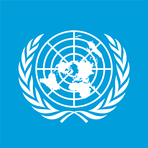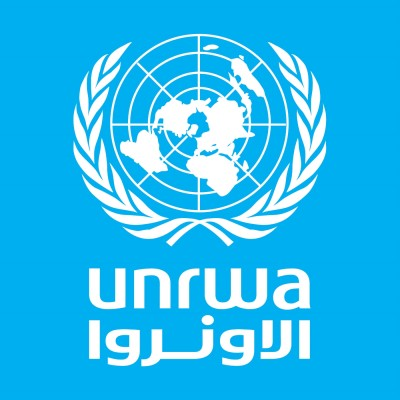Israel's Aggressive Moves in Rafah Spark International Outrage
May 12, 2024, 3:32 pm

Location: Israel, Tel Aviv District, Tel Aviv-Yafo
Employees: 10001+
Founded date: 1953

Location: United States, New York
Employees: 10001+
Founded date: 2002
Total raised: $500M

Location: United States, District of Columbia, Washington
Employees: 1001-5000
Total raised: $500K
The ongoing conflict between Israel and Hamas in the southern city of Rafah has reached a critical point, with Israel's recent orders for new evacuations and preparations to expand its military operations causing a surge of international outrage and concern. Tens of thousands of people have been forced to flee their homes in Rafah, with the United Nations reporting a significant increase in the number of evacuees, more than doubling in just a few days.
The escalating situation in Rafah has drawn strong condemnation from the international community, including President Biden, who has expressed disapproval of Israel's actions. The United States has taken a significant step by halting a weapons shipment to Israel over concerns of potential civilian casualties resulting from the conflict in Rafah. This move underscores the growing international scrutiny of Israel's military operations in the region.
The United Nations has issued warnings about the dire humanitarian consequences of an Israeli assault on Rafah, a crucial aid entry point for the Gaza Strip. With more than 1.4 million Palestinians, half of Gaza's population, seeking refuge in Rafah, the impact of continued military actions on the civilian population is expected to be catastrophic. The displacement of thousands of people from Rafah has further strained the already fragile humanitarian situation in the region.
Despite mounting criticism and calls for de-escalation, Israel remains steadfast in its determination to achieve its war objectives in Rafah. The Israeli government's decision to order new evacuations and expand its military operations has raised concerns about the potential for further civilian casualties and humanitarian crises in the region. The international community continues to monitor the situation closely, urging all parties to prioritize the protection of civilians and seek peaceful resolutions to the conflict.
As tensions escalate and the situation in Rafah remains volatile, the need for immediate humanitarian assistance and diplomatic intervention has become increasingly urgent. The international community must work together to address the escalating crisis in Rafah and prevent further escalation of violence and suffering in the region.
The escalating situation in Rafah has drawn strong condemnation from the international community, including President Biden, who has expressed disapproval of Israel's actions. The United States has taken a significant step by halting a weapons shipment to Israel over concerns of potential civilian casualties resulting from the conflict in Rafah. This move underscores the growing international scrutiny of Israel's military operations in the region.
The United Nations has issued warnings about the dire humanitarian consequences of an Israeli assault on Rafah, a crucial aid entry point for the Gaza Strip. With more than 1.4 million Palestinians, half of Gaza's population, seeking refuge in Rafah, the impact of continued military actions on the civilian population is expected to be catastrophic. The displacement of thousands of people from Rafah has further strained the already fragile humanitarian situation in the region.
Despite mounting criticism and calls for de-escalation, Israel remains steadfast in its determination to achieve its war objectives in Rafah. The Israeli government's decision to order new evacuations and expand its military operations has raised concerns about the potential for further civilian casualties and humanitarian crises in the region. The international community continues to monitor the situation closely, urging all parties to prioritize the protection of civilians and seek peaceful resolutions to the conflict.
As tensions escalate and the situation in Rafah remains volatile, the need for immediate humanitarian assistance and diplomatic intervention has become increasingly urgent. The international community must work together to address the escalating crisis in Rafah and prevent further escalation of violence and suffering in the region.
